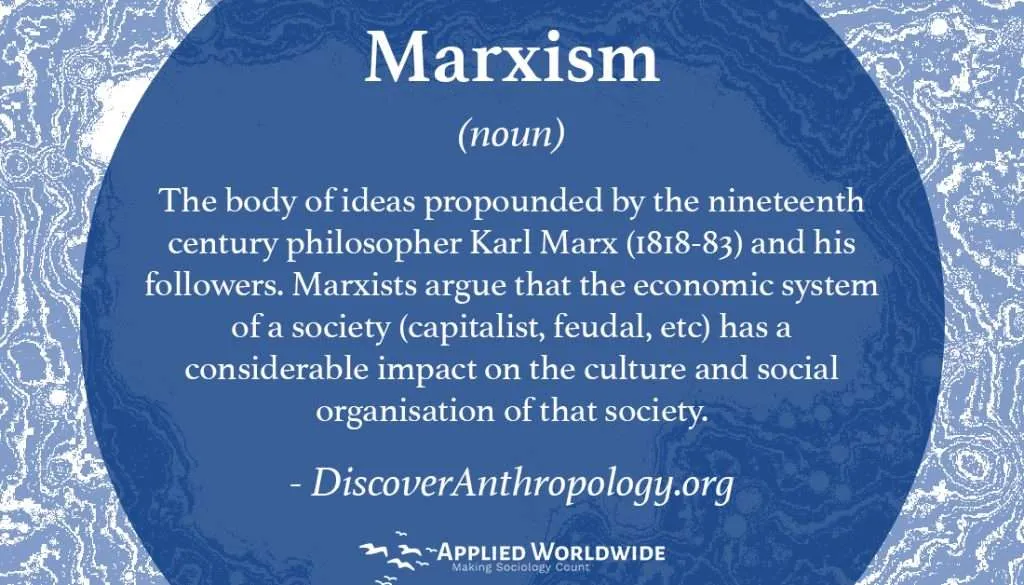Editorial Note:
This article about entertaining politics in the UK is being published on behalf of Applied Worldwide’s student essay competition. Students were prompted to respond to the question, “Why is sociology important?” We have awarded 16 finalists from all over the world, and will publish these essays over the next several weeks.
This essay was written by Alice Wilkinson from Queen’s Gate School in London, England. This essay received a third place award. We had a really great turnout and would like to thank everyone who submitted an essay. We received a wide variety of creative interpretations and responses, so browse our essay directory!
Alice Wilkinson on Politics in the UK
Is now the time for ‘entertaining’ politics in the UK?
This question addresses two issues in the current context of the Covid-19 pandemic in Britain. I will be discussing whether the politainment of Boris Johnson is an appropriate political strategy in response to Covid-19 as well as questioning whether we should be entertaining the importance of political divides in favour for public unity. In this context, sociological analysis has become particularly useful in evaluating the appropriateness and effectiveness of this new political culture on a structural and personal level.
Before the current crisis of Covid-19, there was an increase in a new political strategy of post-truth, which made politicians like Boris Johnson more entertaining for the public. People want to discuss and engage in his daring promises like for his Brexit campaign as well as hearing the latest scandals like when he was accused of burning 50-pound notes in front of homeless people. Regardless of whether these allegations are true or not, it still creates a fallacious argumentative strategy which avoids a genuine discussion of a topic but rather criticisms made around their personal attributes.
Postmodernist Theory
This new way of gaining electoral popularity has been born out of the use of postmodernist theory. It has acted as a scapegoat to the lack of social facts and knowledge provided to the public, showing a shift to a new type of propaganda in which a belief in a strong leader is more important because they are able to justify a lack of detail in how they will improve society by arguing that the ‘truth is unknowable.’
Whilst it is important to maintain public moral and interest, this political tactic, I would argue, is deceitful and results in a lack of trust in our political leaders. This is demonstrated in opinion polls, in which only 36% of Britons trust Boris Johnson on coronavirus which contrasts to his previous 47% majority.
This shift in public belief provides insight into the fact that Johnson’s entertaining campaign was effective beforehand because people had consumed his attempt to make a connection with the public’s frustration over the Brexit campaign in aiming to just ‘Get Brexit done’, detaching any detail of how he’d do so.
However, regardless of the dissemination of misinformation during their campaign and his lack of detail, his strategy was successful. This shows that a new way of increasing electoral popularity is by satisfying the public’s desire to deal with Brexit quickly whether or not he could fulfill that promise.
‘Entertaining’ Politics in the UK
More recently Johnson’s strategy has proved unsatisfactory during the covid-19 crisis. People don’t want to be entertained by our political leaders during a crisis which has had huge emotional impacts to society and everyday life. The distraction of entertaining politics has now been undermined by the current need for ontological security, i.e. that the government will implement suitable policies in reaction to the Covid-19 pandemic to ease the sense of social instability and fragmentation.
Therefore, the previous ways in which charismatic leaders entertained the public through social media posts that were contagious and led to a digital virality which we are familiar with, is now accompanied with a physical virus which leaves no room for consuming this entertaining politics in a climate where people are seeking factual knowledge.
During this crisis, the public entertaining the importance of politics has meant that people are better able to criticise government responses to coronavirus. In an international context we can see that left-wing countries like New Zealand have been more successful in flattening the coronavirus rates. This contrasts to Johnson who has been criticised for his right-wing policies both previously and during pandemic, who has nonetheless called for a reminder that we should be unified rather than creating political divides and making international comparisons.
However, this is appears to be a distraction from the inefficiency of Conservative policies like Austerity and an attempt to shift the blame away from what initially was their aim of protecting the economy from recession over people’s lives through the bogus idea of ‘herd immunity’. This shows how different political approaches have varying amounts of success and to therefore reject party politics in this current climate ignores their integral importance to dealing with the crisis.
Sociological Analysis and Research
Sociological analysis and research have been useful in understanding why an evaluation of policies is essential. Especially now, when the upper class is directly threatened in terms of their health and their profits, any notion of truth decay has been emphasised and put under scrutiny.
Whereas, the working class who have been subject to Austerity since 2010 have been readily ignored by a stream of conservative governments. This bias is clearly demonstrated as research has found that these welfare cuts in health and social care were likely to have resulted in 30,000 deaths in England and Wales in 2015, similar to the mortality rate of covid-19.
These new right policies are aimed to make people gain responsibility and attempt to rid the welfare dependency culture of the underclasses. When taking a Marxist perspective, the two differing political responses have provided an insight into the underlying influence of class and how it displays a fundamental difference in the political stance taken by the government, which ultimately depends on who is affected.

Examples of Politics in the UK
For example, the new slogan of ‘Stay Alert’ has come under lots of criticism in terms of how this new policy has disproportionately affected the working class. Those in utilitarian or manual jobs will have to continue to go into work putting them in the frontline in an attempt to restart the economy. This inevitably means that the upper class is benefitting in terms of their health and profit gained from the continuation of exploitation of workers.
The intention of a clear message is even undermined by the use of green in their slogan which according to Health and Safety regulations 1996 is used when the intention is that there is ‘no danger.’ This way of controlling the media in order to maintain hegemony demonstrates the upper class’s attempt to disguise the cracks and faults in capitalism that have come apparent during the coronavirus pandemic.
Not the Time for ‘Entertaining’ Politics in the UK
Therefore, although now is not the time for the politics of entertainment, it is now important to entertain or engage in politics. Sociological perspectives are essential to understand and find solutions to complex social problems. It is fair to say that we have all been personally affected by Covid-19 and it is important to study and analyze the differing political approaches that provide insight to how this increasing use of postmodernist theories in political debates has now become tiresome showing a shift in the consumption of entertaining political headlines to more factual and informative news.
Therefore, this translational sociology has allowed us to put Foucault’s theory of knowledge and power as well as many Marxists perspectives into the context of politics and social policy. This use of sociological research into the effects of these policies has provided the public with the factual knowledge which the post-truth politicians fail to do, therefore allowing for people to become more aware and create public demand for a better welfare system in the UK.







